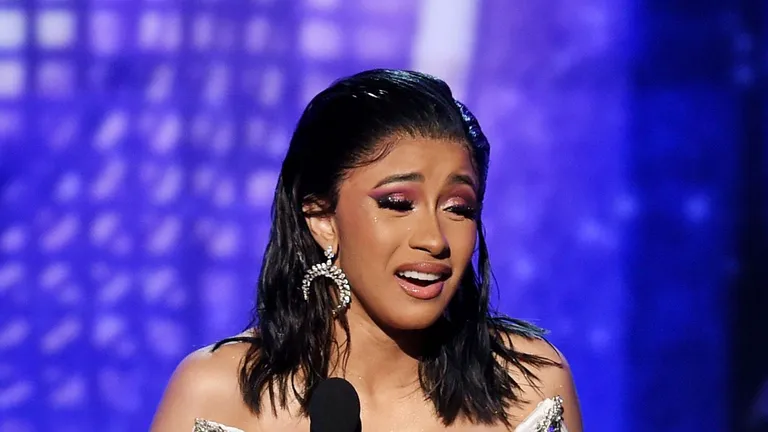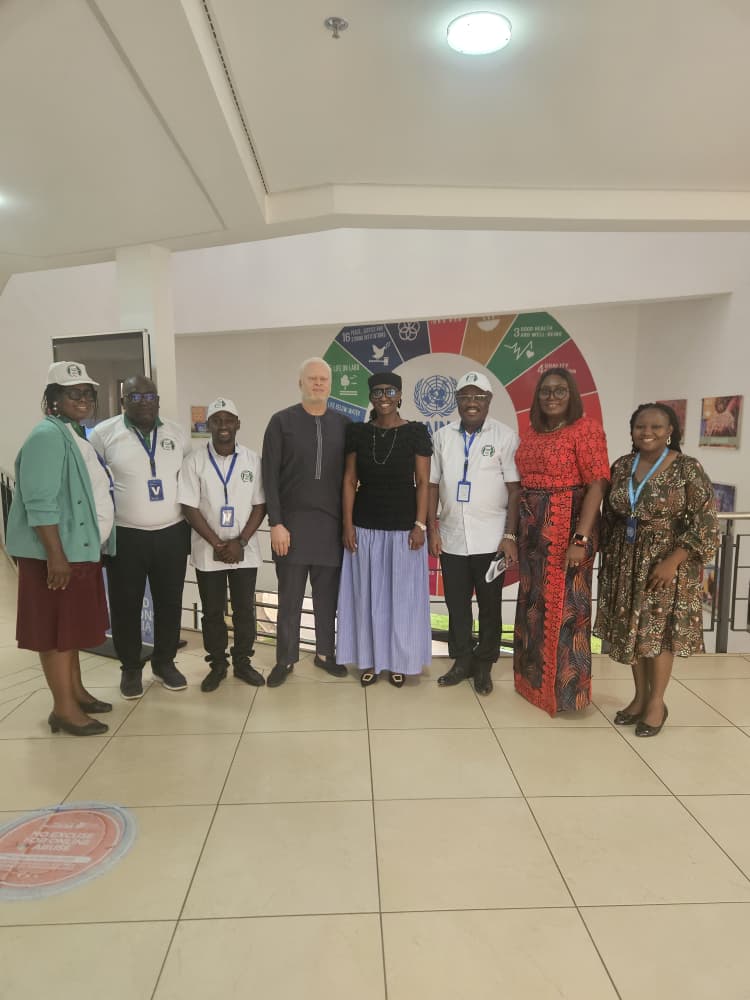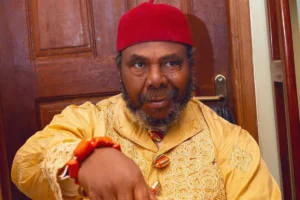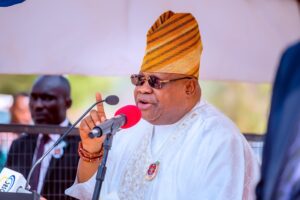On children and domestic abuse
[ad_1]
Children bring happiness to their immediate and extended families and are gifts from God to their families. However, in more recent times, they have evolved into repulsive creatures that are treated inhumanely by their guardians, parents, or caregivers.
Any action taken by a parent, caregiver, guardian, or another individual is considered child abuse. It is the maltreatment of a child or children on a physical, sexual, or psychological level, especially by a parent or other primary caregiver.
According to a recent survey, before the age of 18, six out of ten Nigerian children had some form of contact with violence. An NOI Polls survey of the general public in May 2022 found that 88 per cent of adult Nigerians acknowledged the prevalence of child abuse and that 51 per cent of them had personally observed children being abused in their communities.
Abuse can have different effects on babies and young children than it does on their older counterparts. Children in their early years who experience emotional abuse or neglect may show excessive affection to people they have just met or who are strangers. They may exhibit aggressive behaviour, lack confidence, become anxious, seem to have a distant relationship with their parent or act cruelly toward other kids. Older kids might behave very differently from younger kids their age, use derogatory language, struggle with emotional regulation, appear distant from their parents, lack social skills, or have few, if any, friends.
The indifference shown by society in the face of the unending menace, experts maintain, is not unconnected with the poor and slow domestication of the 1989 United Nations Convention on the Rights of the Child as well as the 1990 Africa Charter on the Rights and Welfare of the Child.
The consequences of child abuse on society are multi-dimensional, hence the compelling need to abolish it.
- Iniobong Marvellous, Department of Mass Communication, Kwara State University.
READ ALSO FROM NIGERIAN TRIBUNE
[ad_2]














Post Comment